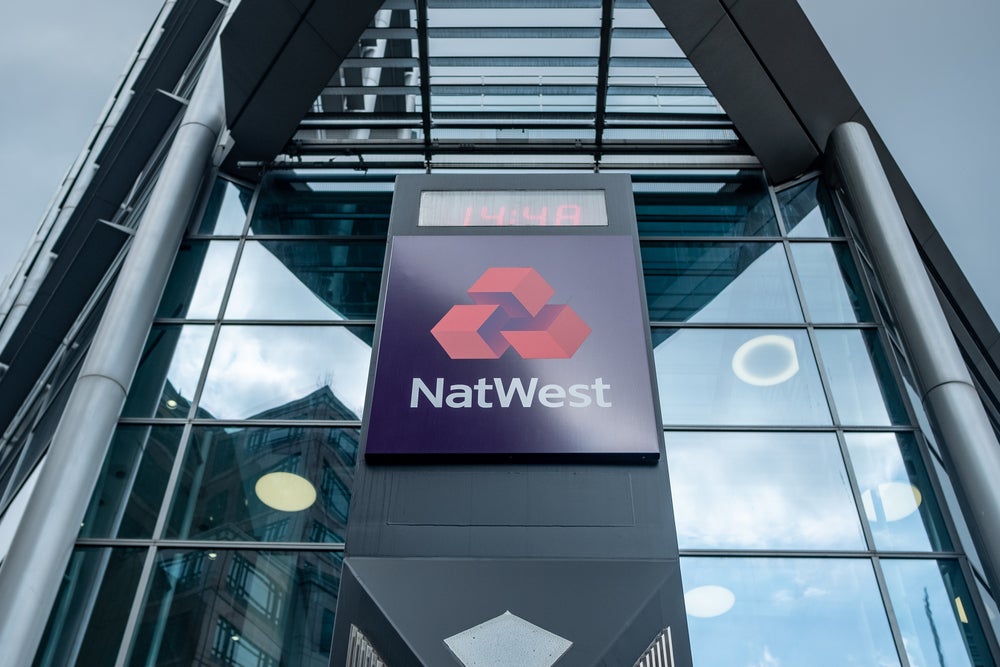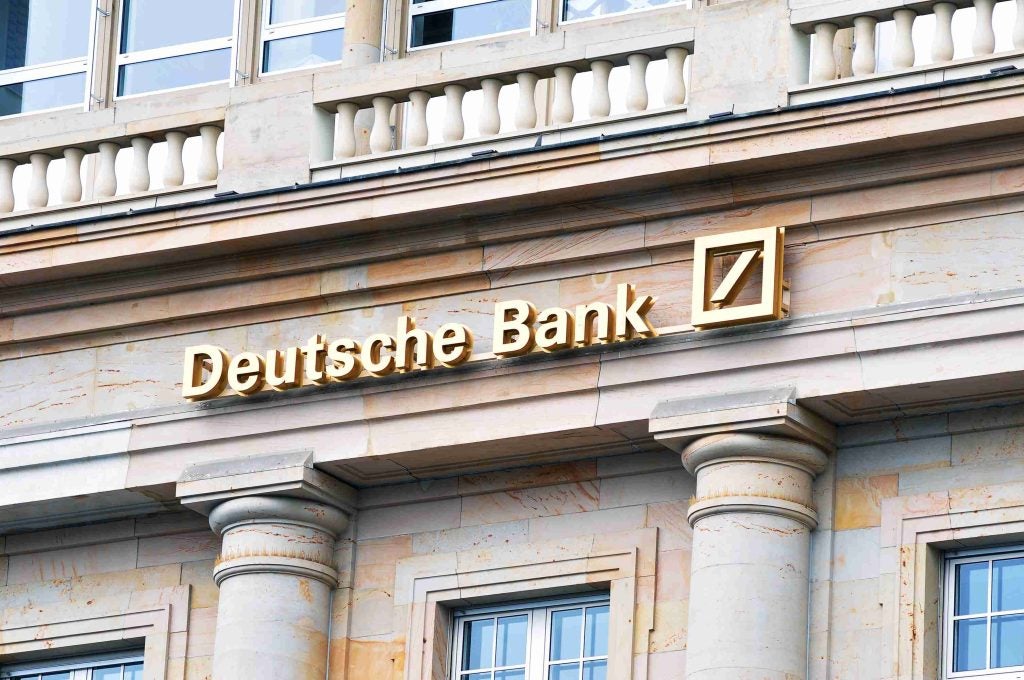The first local bank in Oman and founded in 1973, National Bank of Oman (NBO) is one of the Sultanate’s largest financial institutions, and is increasingly pushing its wealth management offerings. Patrick Brusnahan speaks to the team to find out why they consider NBO to be ‘the leading private bank in Oman’.
Patrick Brusnahan: Where does NBO position itself in the sector and in the region?
Sundaram Padmanabhan, head of wealth management products, fee income and liabilities (SP): We believe that we are currently the leading private bank in Oman. We do both the largest investment products in the region, and are present across the continent. We have a couple of branches in the UAE and Egypt, but at this point in time we do dominate the wealth management space in Oman.
PB: Why do you feel you dominate in the market? How do you differentiate yourselves from other players?
SP: We maintain the largest investment product suites in the market. We are the first local bank in Oman to launch a systematic investment plan, which focuses on the global financial markets.
No other bank offers structured products in Oman, which makes it quite unique. It has definitely taken quite a lot of time to be able to offer that. Regulatory approval was a challenge.
How well do you really know your competitors?
Access the most comprehensive Company Profiles on the market, powered by GlobalData. Save hours of research. Gain competitive edge.

Thank you!
Your download email will arrive shortly
Not ready to buy yet? Download a free sample
We are confident about the unique quality of our Company Profiles. However, we want you to make the most beneficial decision for your business, so we offer a free sample that you can download by submitting the below form
By GlobalDataWe have a pretty diversified team of internationally experienced private bankers. We also have quite a few certified Omani wealth advisors or relationship managers, and finally, we also have an exclusive partnership with an external asset manager product partner. So that makes our capabilities, services and product suite quite unique in the market.
PB: What is the competition like in Oman? What is the state of the private banking sector? Is it a young market?
Avinash Menon, head of investment products and governance (AM): It is developing at this point in time. We just have a few competitors that actually have investment products that can compete with us. One is an international bank, HSBC, and Bank Muscat. Those are the two banks that compete with us in terms of having a similar boutique suite of products, but we have the largest product suite.
Both of these banks have had a lead of time over NBO, so they started their private banking businesses much, much earlier than we did. But despite that, their focus client segments have always been expatriates – so both Asian and Western expatriates – maybe because these segments already understand why wealth management and financial planning is important.
I think what we have done is we have chosen to stay true to our roots and focus on the Omani nationals who truly were in need of financial solutions and planning. Our local competitors and banks from outside Oman, their business focus is limited only to Muscat. However, we have some distribution and outreach. Oman is not just Muscat.
I think what we have also done is that we have not just looked at this as a business line; there has also been a lot of focus on trying to get the message across why financial planning is important and how it is a journey, and why we are the best partners for our clients.
PB: Are there any trends in what your clients are investing in at the moment?
SP: At a high level, we still prefer equities over credit and cash. We think that is a very natural follow-through allocation model in a global environment where interest rates are really low, and inflation is also really low.
So had it been a case of inflation being relatively high and interest rates being very low, then maybe the asset allocation would have safe-haven exposures to, maybe, the Swiss franc and gold.







